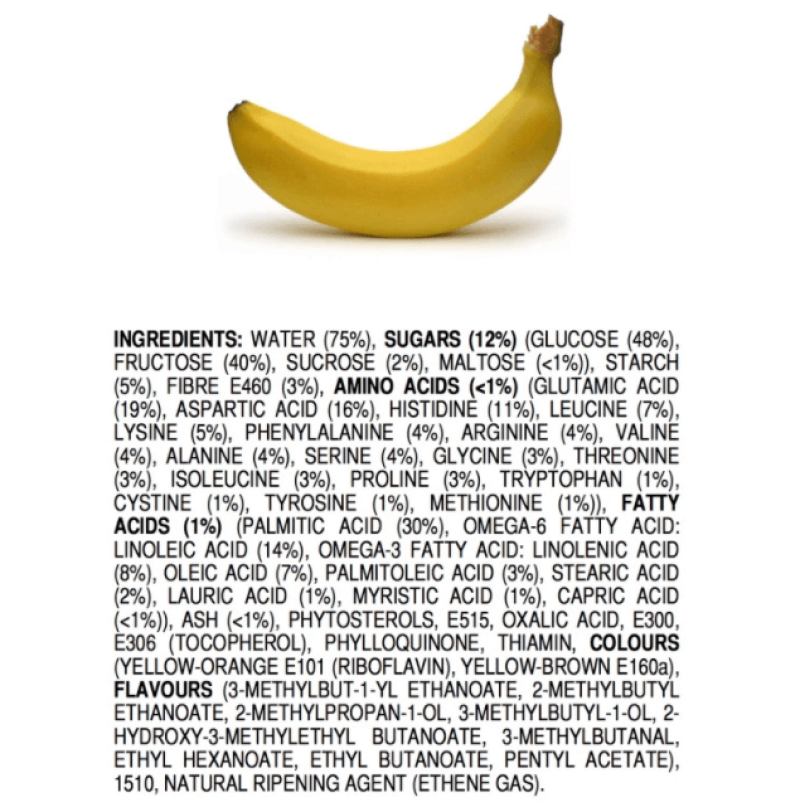Podcast: Play in new window | Download
Subscribe: RSS
Join geneticist Kevin Folta and GLP editor Cameron English on this episode of Science Facts and Fallacies as they break down these latest news stories:
Anti-GMO groups and reporters have for years claimed that Monsanto wrongly sued hundreds of farmers for patent infringement, helping fuel the public’s skepticism of biotech crops and the scientists who develop them. But when this idea was put to the test in court, it failed spectacularly.
In March 2011, the Organic Seed Growers and Trade Association (OSGATA) sued Monsanto to stop the company from suing farmers whose farms were ‘contaminated’ by genetically engineered seeds. The biotech giant argued it had never sued growers because its GM seeds accidentally landed in their fields, and the court agreed. “After a careful reading of the decision, and looking past the necessary niceties of legalese,” writes GLP contributor Marc Brazeau, “one gets the very clear sense of a plaintiff being laughed out of court.”
We’ve all heard this rule of thumb: don’t eat any food ingredient you can’t pronounce, the assumption being that anything with a complex, chemical name must be unnatural and thus potentially harmful. In reality, this shortcut to reading food labels makes little sense. The safety and nutritional qualities of food don’t change based on how complicated the ingredient list is. Don’t believe us? Try reading the names of chemicals in a banana.
Subscribe to the Science Facts and Fallacies Podcast on iTunes and Spotify.
Kevin M. Folta is a professor in the Horticultural Sciences Department at the University of Florida. Follow Professor Folta on Twitter @kevinfolta
Cameron J. English is the GLP’s managing editor. BIO. Follow him on Twitter @camjenglish































